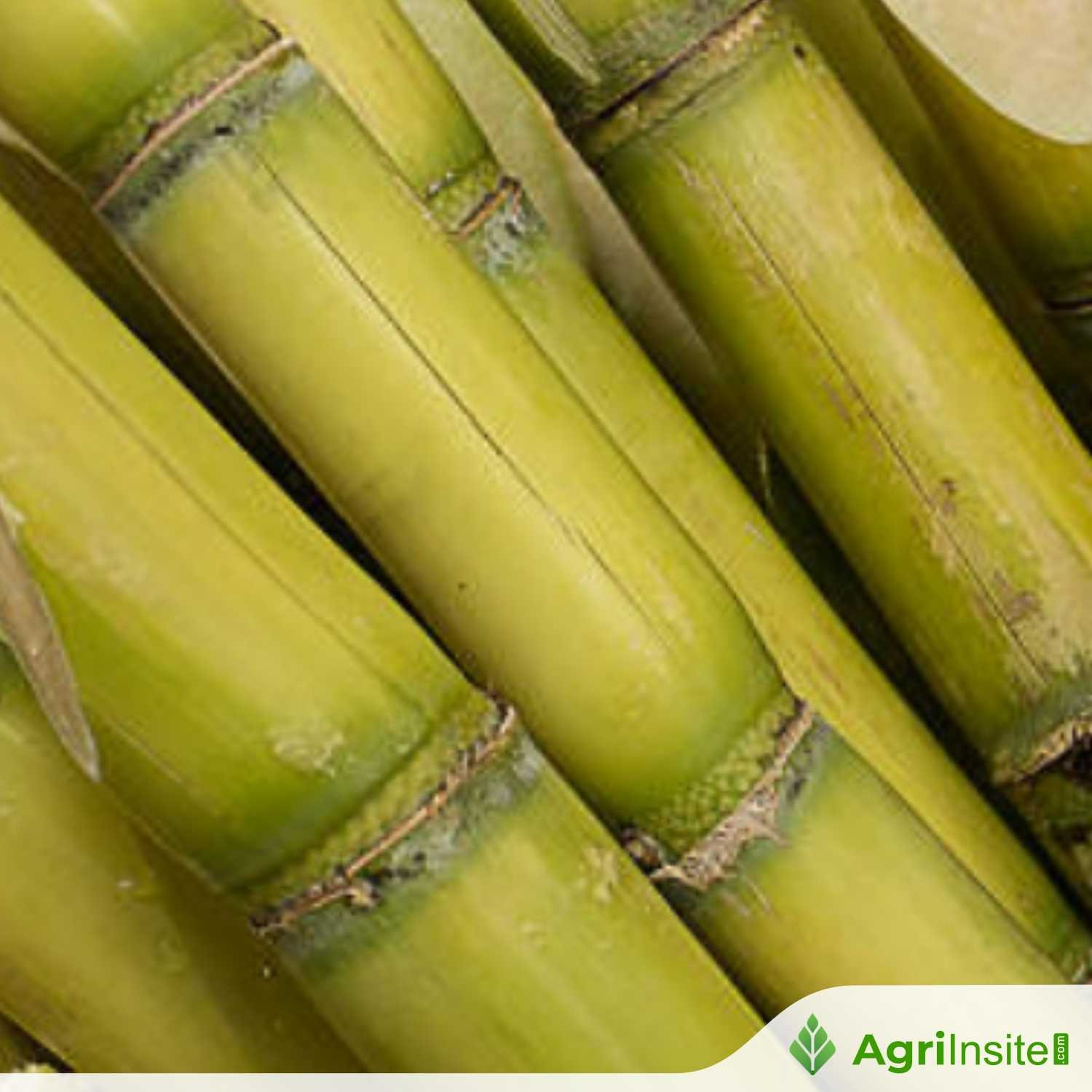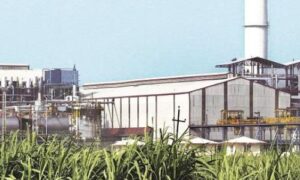Kenya : Deny licenses to millers who don’t develop cane, say workers

In Kenya’s Western region, sugar industry workers are urging the government to condition milling license renewals on millers’ efforts to cultivate sugarcane. The Kenya Union of Sugar Plantation and Allied Workers (Kuspaw) criticized millers who rely on “sugarcane poaching” instead of developing their own crops, leading to shortages that threaten factory closures. While millers like Mumias Sugar have been accused of poaching, industry representatives highlight the importance of adhering to sustainable cane development practices to stabilize the sector and support workers and farmers.
Sugar factory workers in the Western region now want the renewal of milling licenses be pegged on the amount of cane developed by the miller.
The Kenya Union of Sugar Plantation and Allied Workers (Kuspaw) said the failure by some millers to prioritise the development of cane was hurting the sector.
Kuspaw officials Felix Masoso representing Butali branch, Patrick Mutimba (Mumias Sugar) and Jeremiah Akhonya of West Kenya Sugar Company praised President William Ruto for assenting to the Sugar Bill, 2022.
“The President means well for the sugar sector but unless millers develop their own raw materials to sustain their milling capacity, this industry is not out of the woods yet as much as there is Sugar Act,” said Mutimba.
“As long as millers like Mumias Sugar is not developing sugarcane with outgrowers but continue to mill round the clock, factories in Western will keep closing due to shortage of sugarcane occasioned by sugarcane poaching.”
Akhonya said whenever factories close, many of their members as well as farmers are severely affected.
“The closure of last year saw many of our members condemned to depression and some died. There is a high possibility that soon factories will close and that will be a big blow to factory workers and the farmers,” he said.
The union appealed to the Government to be firm on millers.
“We are left with many questions when we see a miller is not developing sugarcane but is milling and they are even harvesting immature cane. Where are they getting this cane? How are they supporting the President’s efforts to reform sugar sector?” said Akhonya.
They warned of the practice of millers “harvesting where they have not sowed”. “Sugarcane poaching is real and must be stopped,” said
“Milling licence should be based on credible and verifiable cane inventory of millers.”
During a recent meeting convened by the Western Regional Commissioner Irungu Macharia and attended by all millers in the region together with farmers, the millers expressed concern that they could be forced to close down early next year due to cane shortage.
Busia Sugar raised concern that it had incurred huge losses after sugarcane from farmers it has contracted was diverted to other factories.
“I am hurting more because I am not able to crush the canes I developed. My sugarcane is being poached. If one miller is going down, please do not take us down with you,” said Meresha Achieng from the Agriculture Department.
According to her, the Agriculture and Food Authority should order millers without cane to close down and embark on cane development.
The general manager of Olepito Sugar, Gerald Okoth, said some millers were not abiding by the resolutions of the meetings that have been held on several occasions with a view of finding a solution to cane poaching.
“Definitely in December or probably in January factories will have to close because of sugarcane shortage,” he said.
Mumias Sugar Head of Operations Stephen Kihumba defended the company against accusations of poaching sugarcane. “Even our cane is being poached by our competitors. We have started developing sugarcane,” he said.
To read more about Sugar Industry News continue reading Agriinsite.com
Source Link : Standard Media














